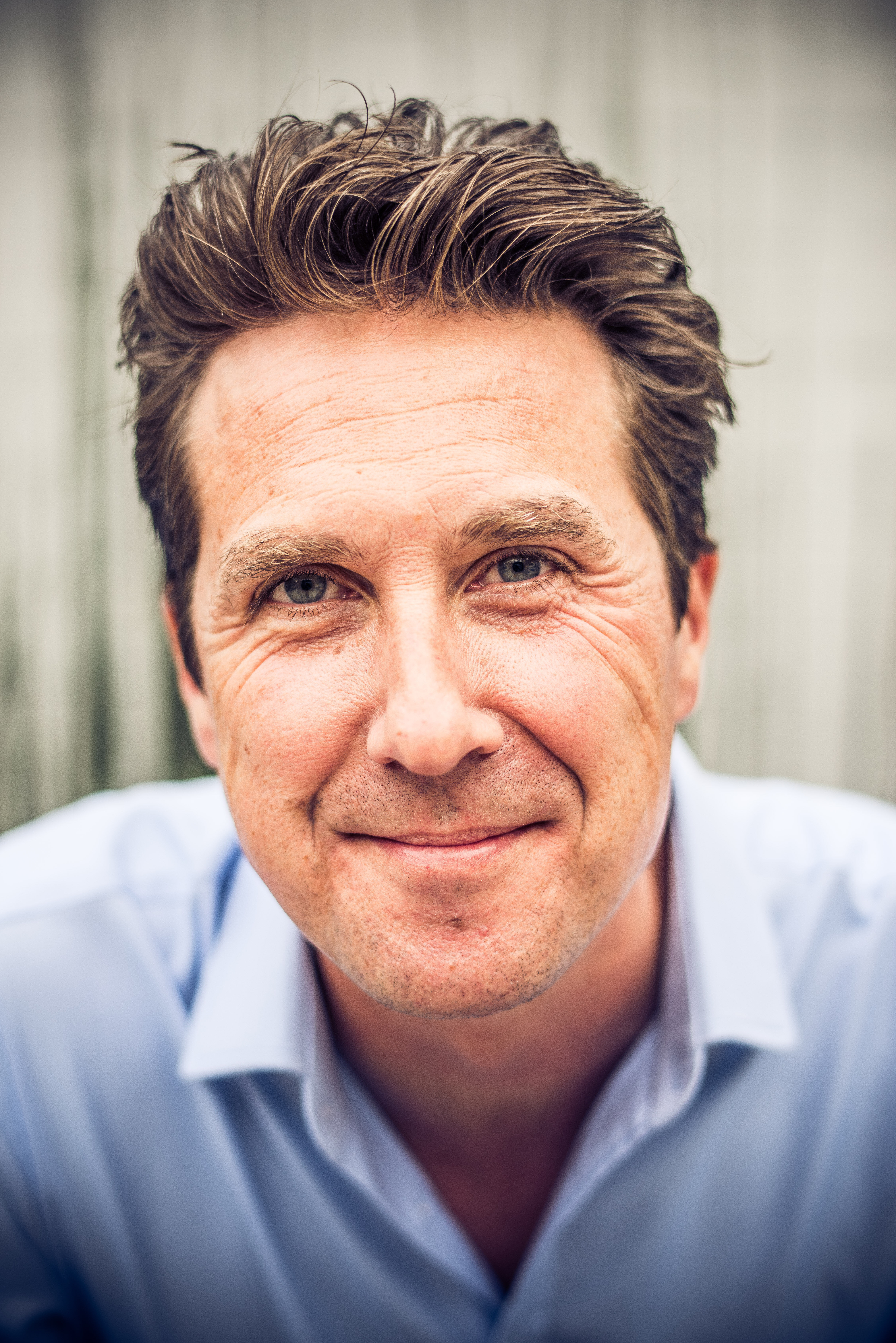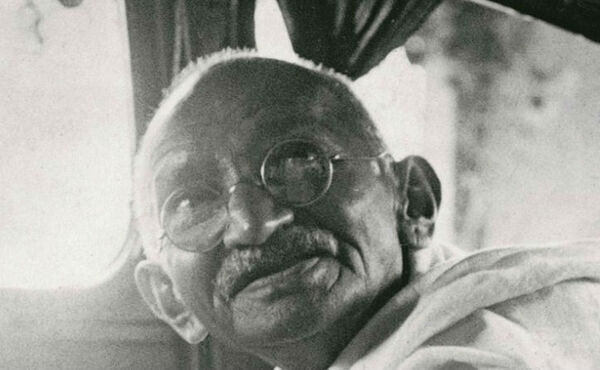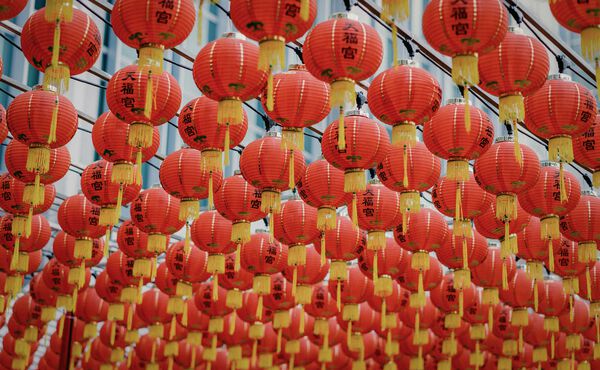When was the last time you took it slow? Just left your phone at home and spent a whole, blissful afternoon to yourself, paying attention to the little things around you? Or are you always glued to your devices, your schedule, and the trillion things around you that lay claim to your time? Has your work crept in to your private life? Business psychologist Tony Crabbe, author of the book Busy sat down with us to talk about attention and why it’s so necessary in today’s jam-packed world.
How do you think society came to this place where we focus so much on being busy all the time?
The central operating system that sits behind the way we do things is time. It’s been this way since the Industrial Revolution. That’s when machines came in and we suddenly needed to coordinate massive, unprecedented numbers of people to make the machinery of industry work. And so, the “clockworkisation” of work was born.
The funny thing is, time only speaks to the amount of hands you’ve got on-site at any given time. What matters far more is the degree to which those people are fully engaged – or, able to think and focus as opposed to just being present. In actual fact, all problems that we’re facing – the challenges of the digital age around transformation, adaptation, exploration – all require deep bucketloads of attention. Time’s kind of irrelevant.

Why do you think that is?
There are even just little things, like – from a time perspective, a unit from 9 ’til 10 is the same value as a unit from 3 ’til 4. And yet, if you went for an operation between 3 and 4, you would be three times more likely to die from a fatal dose of anaesthesia than between 9 and 10. Of course that applies in all fields, not just medicine.
What matters instead?
Time’s an odd thing to focus on, so I focus on attention. What it comes to attention, really there are three fundamental elements to it. The first part of attention is about directing it onto the right stuff. The second piece is the depth of your attention, the quality of your concentration, and the quality of your focus on what the other person is saying. And the third one is the duration, the time your focus stays on any given topic. You can be deeply focused but then switching backwards and forwards you still don’t achieve a whole lot.
There are other elements that also significantly matter, a particular one being recovery and your ability to refresh your attention. Research says that when people are on-call or checking messages from work in the evening, the level of the stress hormone cortisol is almost as much as it would be if you’re at work. At this point the researchers question from a purely psychological perspective whether time at home when you’re still a bit attached to your phone should even be considered leisure, because actually it doesn’t provide the psychological benefits of leisure time.
So then what should people be doing to recover properly?
Digital detachment is the starting point – time away from devices. There’s a physical component, which is proper sleep, exercise and nutrition. Then there’s engagement with the things and people around you. And then there’s a fourth one, which is around emotion. And emotion is the connection to people that matter.
Mihaly Csikszentmihalyi wrote a brilliant piece of work called Flow, which is the optimal psychological state where we’re completely immersed in something. Call it the state of deep happiness. In sports psychology they call it the zone. We’re much more likely to experience that at work than at home. And part of it is because we have goals, we have challenges… work pushes us harder, and puts on the pressure to perform.
Yet at home, many of us click on the TV, or go on social media. The psychological state there is that we’re kind of mildly depressed. There’s some nice research where they followed a cohort of scientists over like 20 years. They looked at various habits and interests, and one of the things that differentiated the super-successful Nobel prize winning scientists from the ones that really underperformed were hobbies. People with things that they were really passionate about. Interestingly, mountain climbing was terribly popular in the really successful ones. We know that people with really engaging hobbies experience less fatigue at work.
Back to attention, where do you think it’s going in the future?
I think one major change is, increasingly organisations are going to start to recognise the importance of attention. They’re starting to think, “So therefore, what do we do about it?” I think where that will lead is, it will increase how people focus on it. How do you manage around attention? How do you lead around attention? What are some of the factors that are important here?
The starting point is “Oh! Attention matters!” Then the next journey will be how do we think about attention from a more holistic human basis.
So where are you directing your attention?
An interesting thing’s happened. Over the years, as I’ve talked to people about it, as I’ve seen people struggle, as I’ve seen people being moved and affected and changed by my book. It’s become clear that this is my life’s work. That’s going to take up the rest of my life.
This interview has been condensed and edited for clarity.
Author Bio:
Tony Crabbe is a Business Psychologist who splits his time between writing and consulting with some of the leading companies around the world. As a psychologist he focuses on how people think, feel and behave at work. Whether working with leaders, teams or organizations, at its core his work is all about doing things differently. This means delivering lasting behavioural change by approaching problems unusually.





